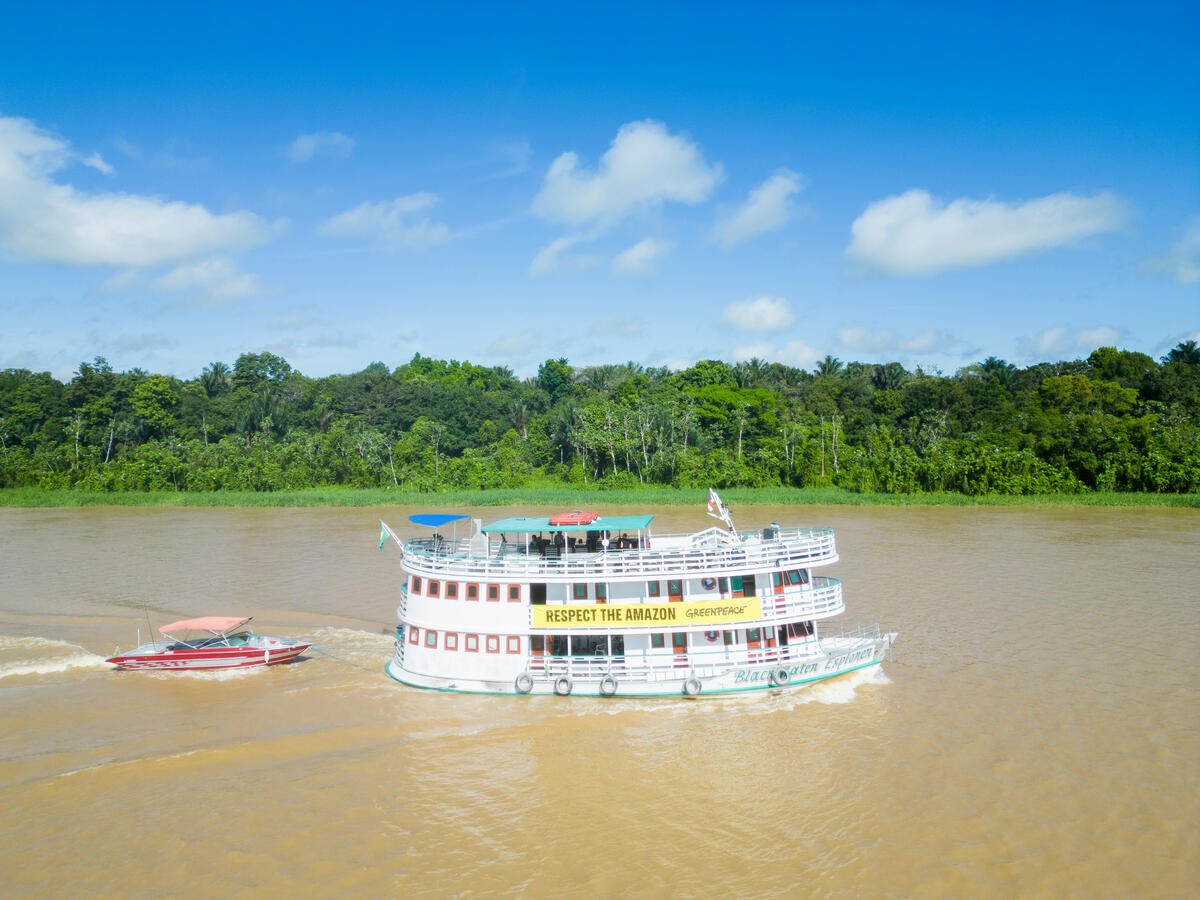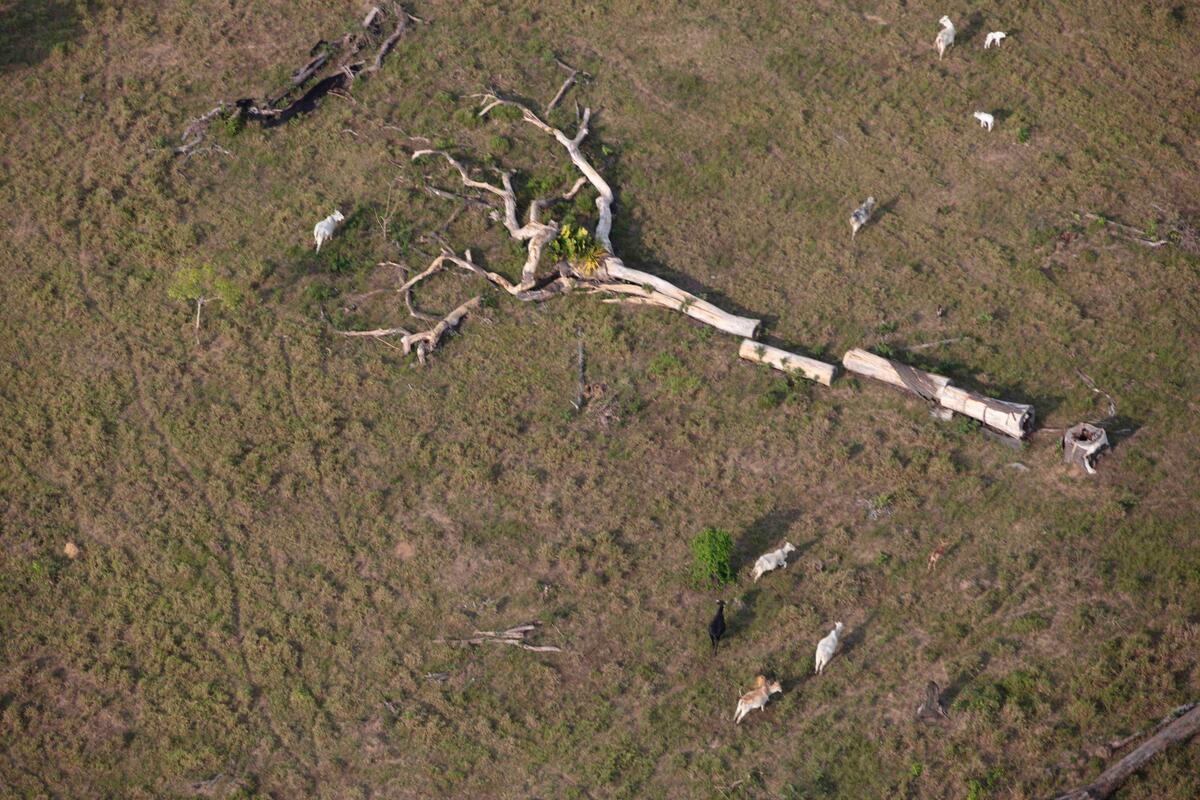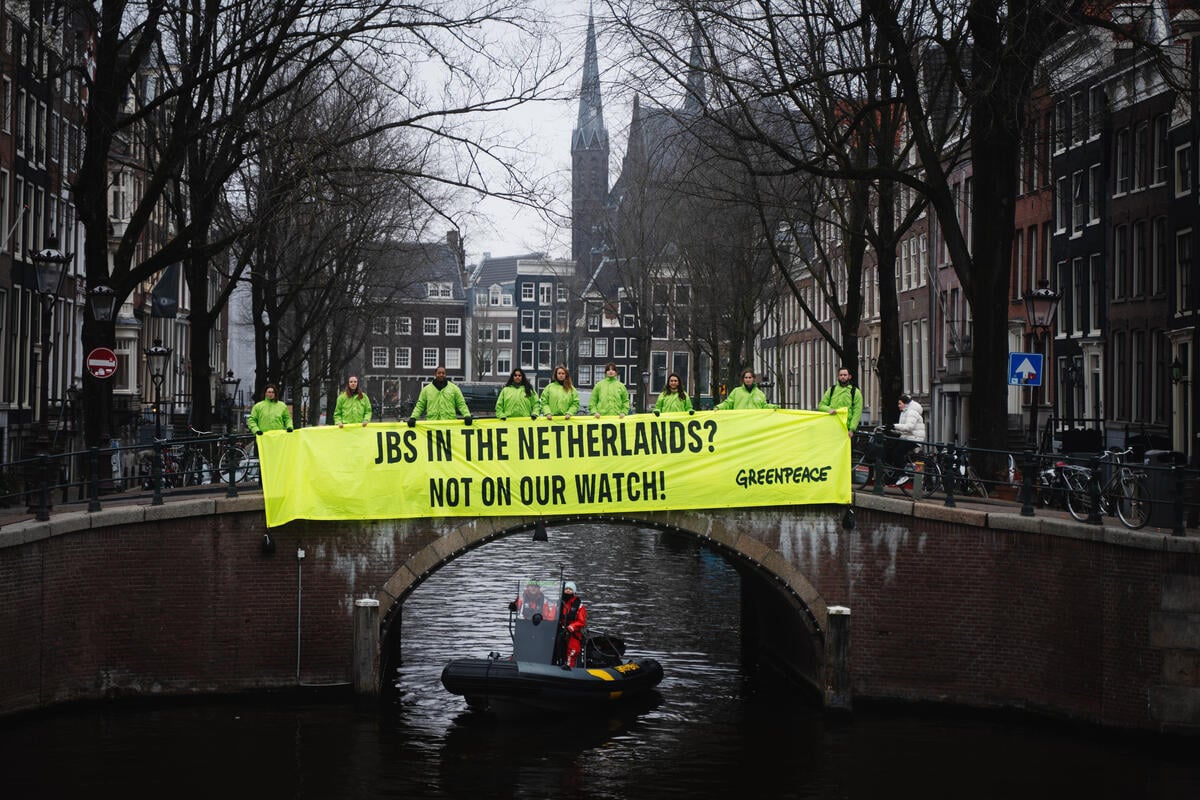Did you know that in Russia, women aren’t allowed to become firefighters by law? But that’s not stopping these courageous women from volunteering to fight forest fires anyway…
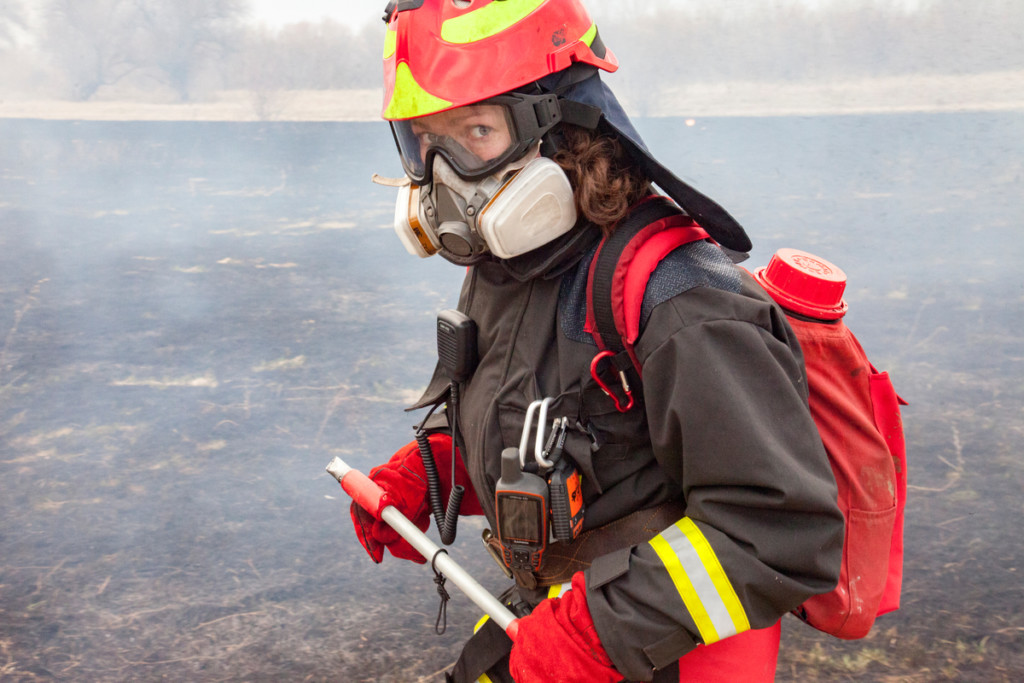
Sofya Kosacheva fighting fires in the Astrakhan Region of Russia
Sofya Kosacheva, from Greenpeace Russia, led a firefighting expedition in the Astrakhan region in the spring of 2017. “Most firefighting is done with the head, not the muscles. You can be smarter than a fire. Firefighting safely depends on skills and proper equipment, not on gender.
“The ban stops women from directly fighting fires. But, at the same time, according to the law, it’s okay for a woman to carry out support work and administration, even if we’re not fighting fires directly. By getting trained as a fire-ground commander, I got the official right to start fighting forest fires.”
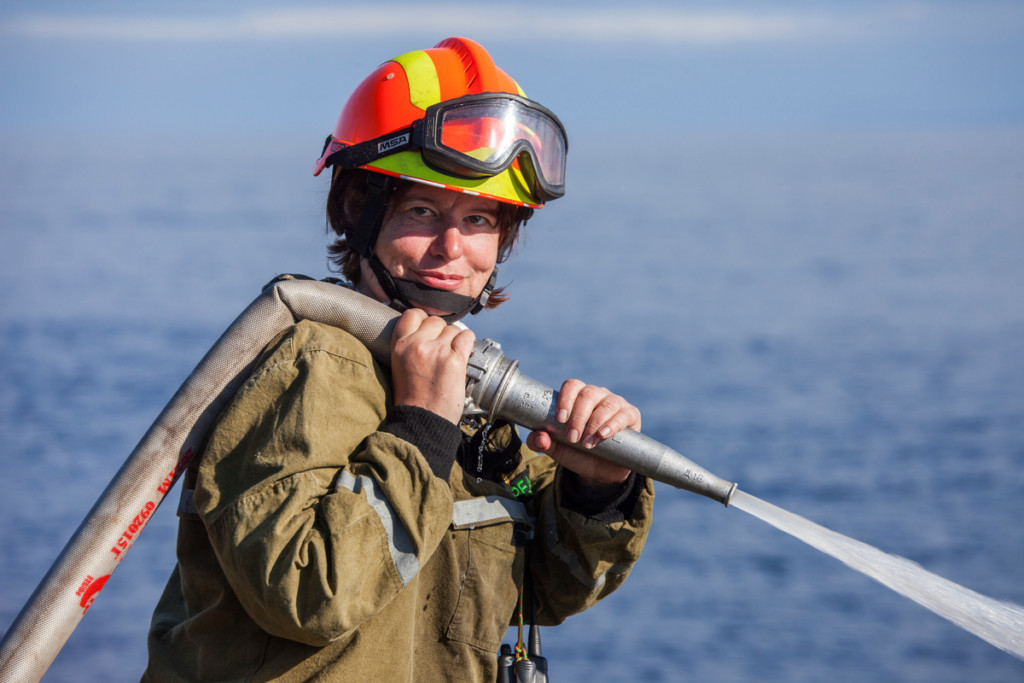
Anna Baskakova
Anna Baskakova, a volunteer firefighter with Greenpeace Russia, began fighting fires in 2010 when peat fires raged around Moscow. She took the volunteer firefighter course put on by Greenpeace Russia.
“I think it’s totally wrong that a woman is prevented from fighting fires by law. In fact, women already fight fires. If a peat, forest or grass fire is near a village, the women work alongside the men. The ban on female firefighters is nonsensical. If a woman wants to fight a fire, and she is trained, healthy and respects the safety rules, she can lead the way.”
“We not only fight fires, but also regularly train alongside professionals. We help sustainable forestry guides do preventive work with the population and — especially with children — plant trees.”
In 2014 around the city of Chita in South-Eastern Siberia, there were a lot of uncontrollable fires. Anastasia Ivashkevich leads the Voluntary forest firefighters of Transbaikalia. “Everything burned,” she said. “I decided to help, and founded a group of volunteers.
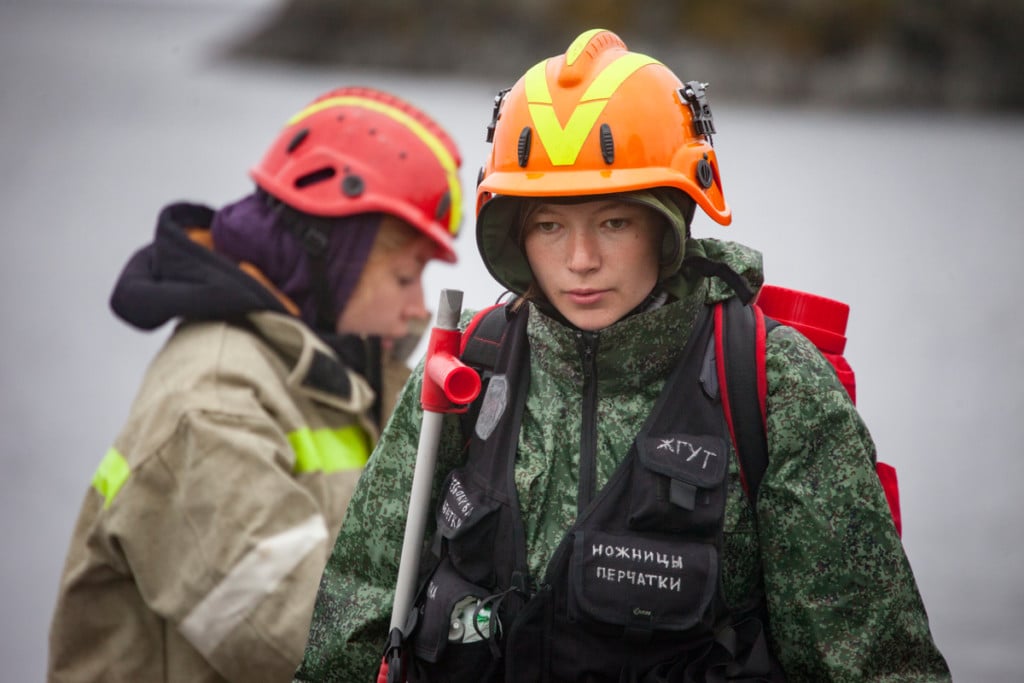
Anastasia Ivashkevich, leader of the Voluntary forest firefighters of Transbaikalia
“I was already doing sports tourism in the mountains, so I was physically prepared. At first they looked at me as the only girl in the group, but in general, there wasn’t a problem. I still had to prove that I was as good as the rest — better than they are, in fact, so they would listen to me. Now I lead the group.”
The burning of dry grass in Russia is a big problem in spring. The state forest and fire departments have been struggling unsuccessfully to tackle them for years.
Most of Transbaikalia is covered with forests. These are pine forests, so they burn fast. The region is not very developed — there aren’t many settlements here. At the end of March there’s no snow, but the streams are still frozen. It’s very difficult to fight fires in these conditions; you have to carry water with you.
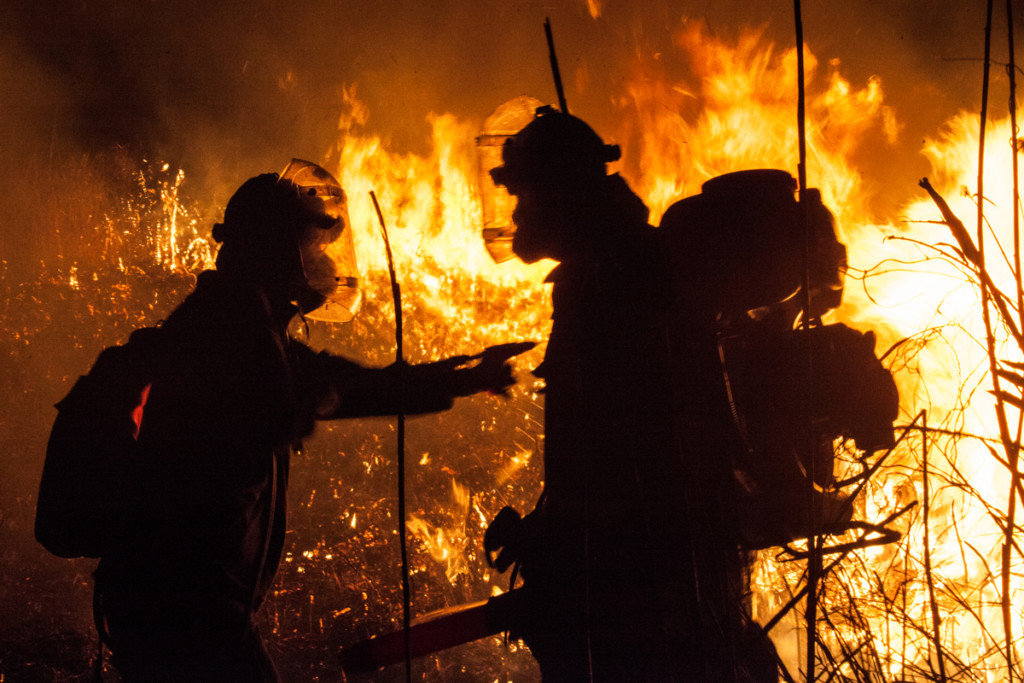
The fire extinguishing expedition crew of Greenpeace Russia battling the flames in Astrakhan Biosphere Reserve
As the climate gets hotter, we’re noticing more and more fires in Russia. These forests are wild havens for all kinds of animals and trees. We protect them, because we want to protect nature, and the people who rely on it.
Volunteers come in all shapes and sizes; anyone from young students, to those who are nearly 50. Combining firefighting with our day jobs is difficult, but we are used to the fact that at the beginning of the year we need to be ready. If we hear about a fire, we drop everything to go and face it down.
Irina Kozlovskikh is a press officer with the forest unit of Greenpeace Russia

